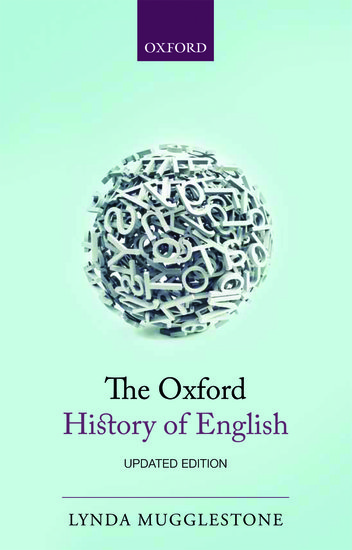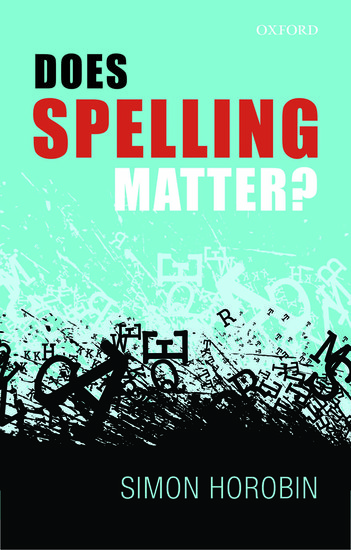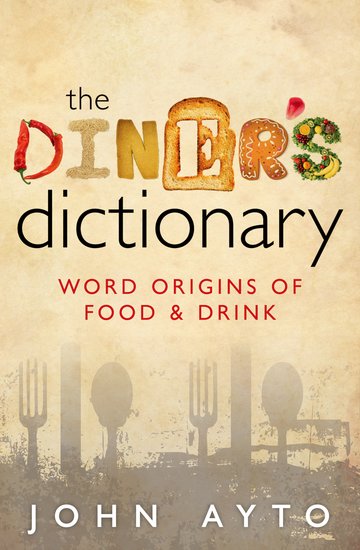Celebre la Semana Nacional de Bibliotecas con OUP
Celebre la Semana Nacional de Bibliotecas con acceso gratuito al OED y Oxford Reference, disponible para América del Norte, del Sur y el Caribe hasta el 20 de Abril. Visite cualquiera de los sitios Web y utilice libraryweek como nombre de usuario y contraseña para acceder a todo el contenido que los sitios tienen que ofrecer. Todo el mundo tendrá acceso a través del mismo nombre de usuario y contraseña y no se requiere ningún registro.






